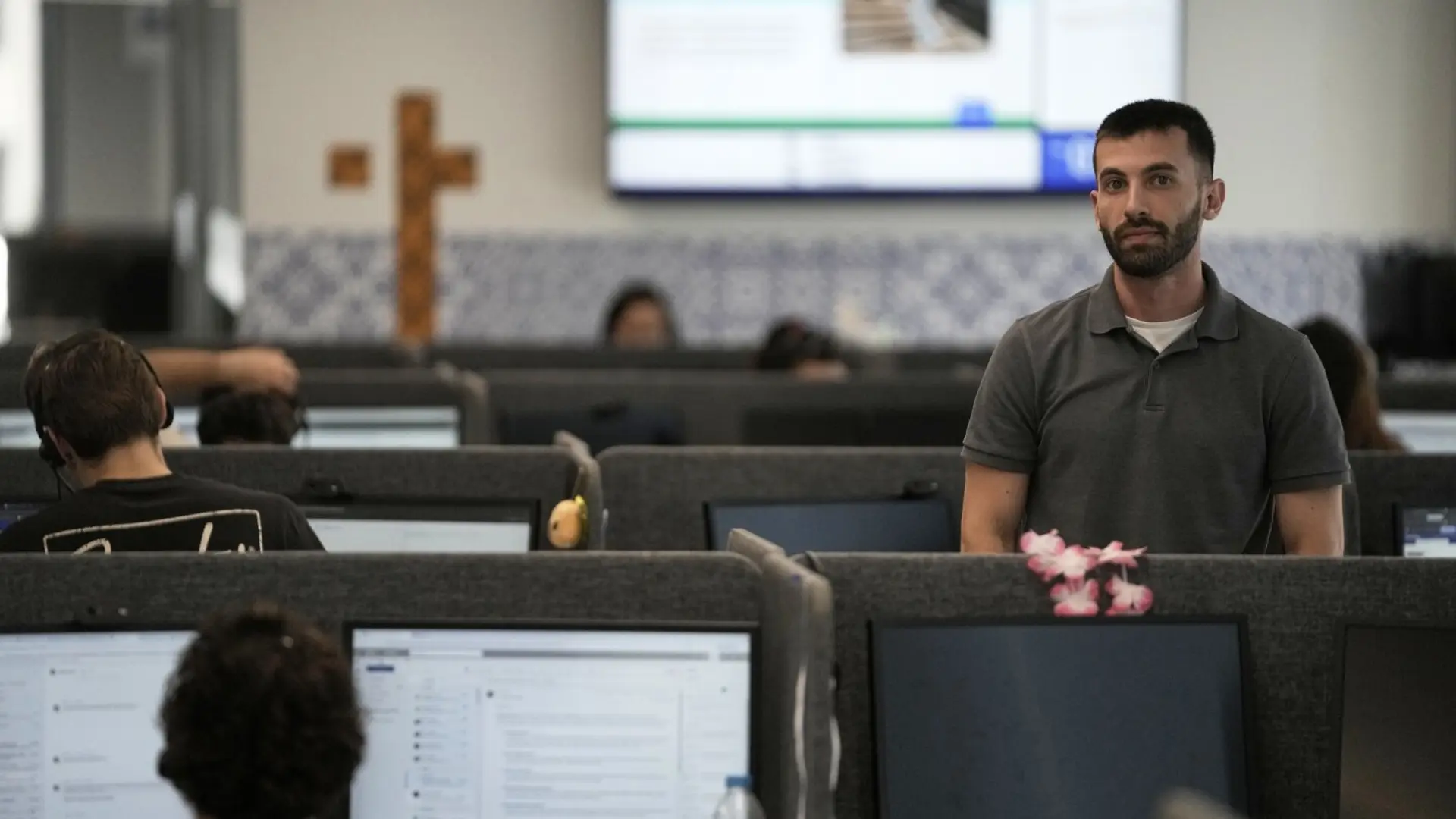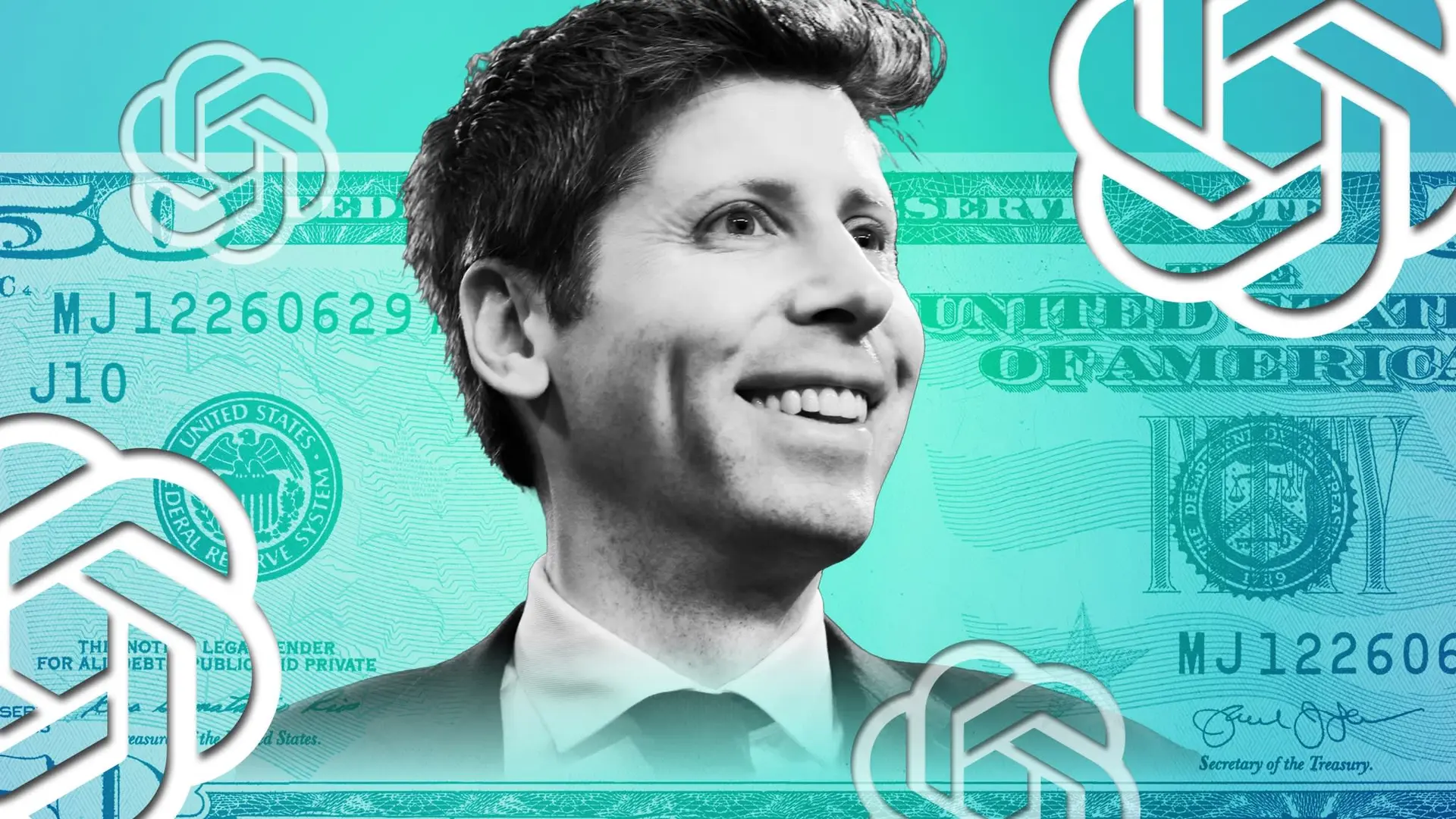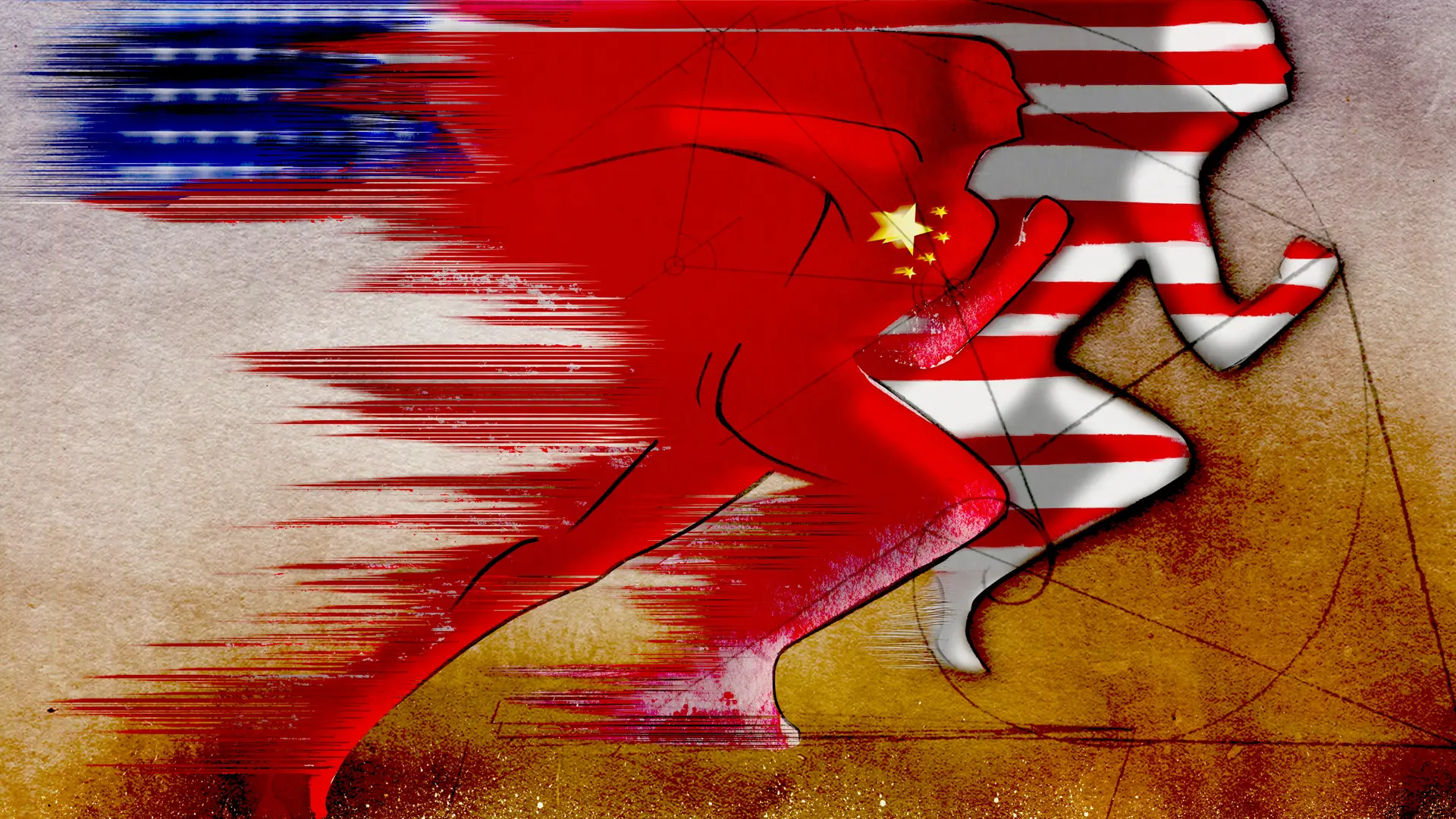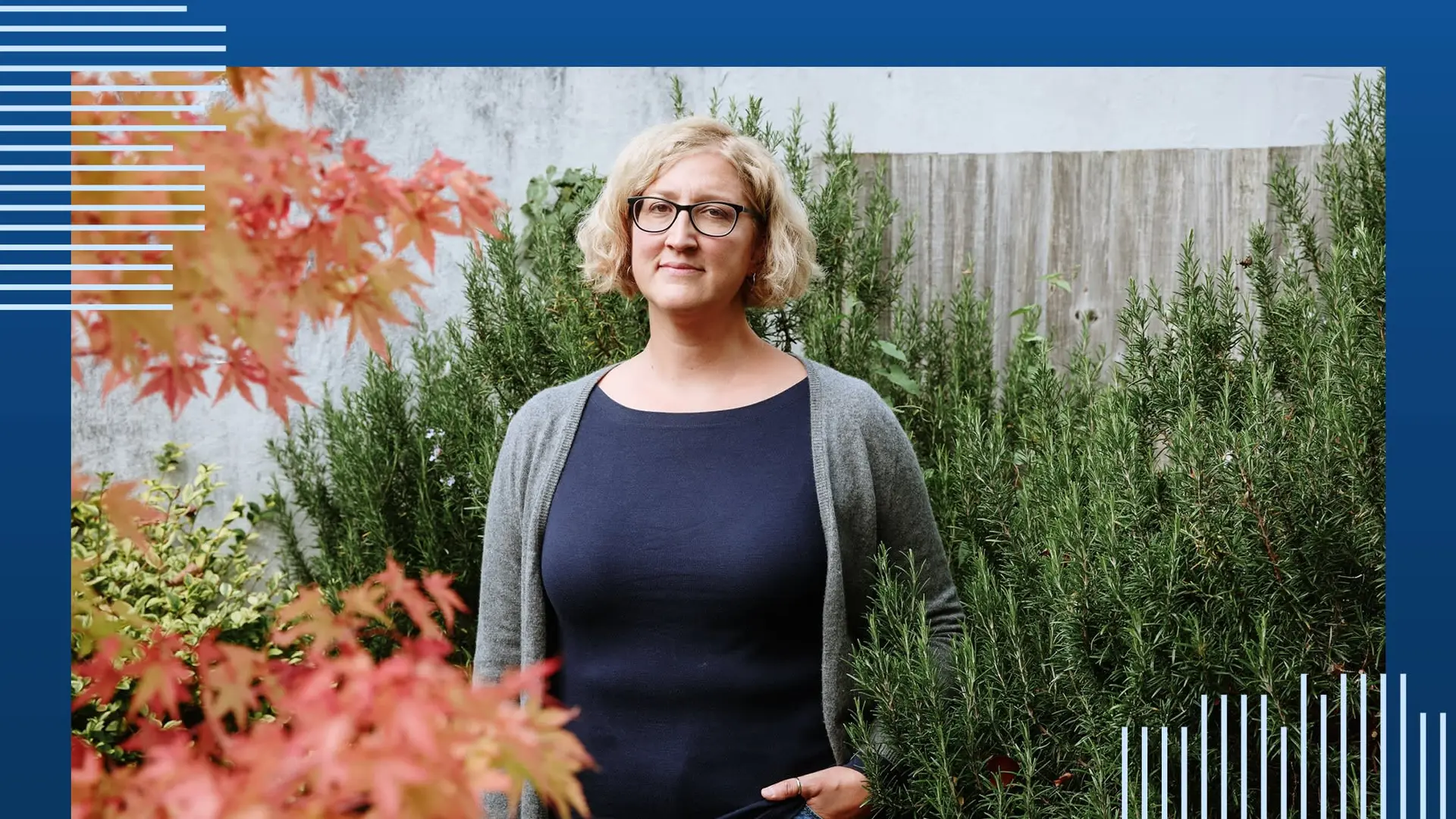The rise of AI is significantly impacting the translation industry, with linguists facing new challenges and evolving roles. While AI-powered tools offer speed and efficiency in translating large volumes of text, they often struggle with nuances, context, and cultural subtleties. This has led to a shift where translators are increasingly tasked with post-editing AI-generated content, a process some find more demanding than traditional translation.
This shift has caused concerns about decreased income and job security for translators, as AI tools become more prevalent. Some translators report that correcting AI's errors can be more time-consuming than translating from scratch, impacting their earnings and career prospects. However, others see AI as a tool to enhance productivity and efficiency, allowing them to focus on more complex and creative aspects of translation. The industry is adapting by integrating AI into the translation workflow, combining machine speed with human expertise to maintain quality and accuracy.
Despite the advancements in AI, human translators remain essential for ensuring the quality and cultural relevance of translated content. The collaboration between AI and human translators is seen as the future of the industry, where AI handles large datasets and routine tasks, while human experts provide the critical touch needed for nuanced and accurate communication.
Related Articles

AI Reshapes Call Centres
Read more about AI Reshapes Call Centres →
OpenAI's Trillion-Dollar Partnership Network
Read more about OpenAI's Trillion-Dollar Partnership Network →
AI's Healthcare Transformation Potential
Read more about AI's Healthcare Transformation Potential →
China's AI Ascent Accelerates
Read more about China's AI Ascent Accelerates →
